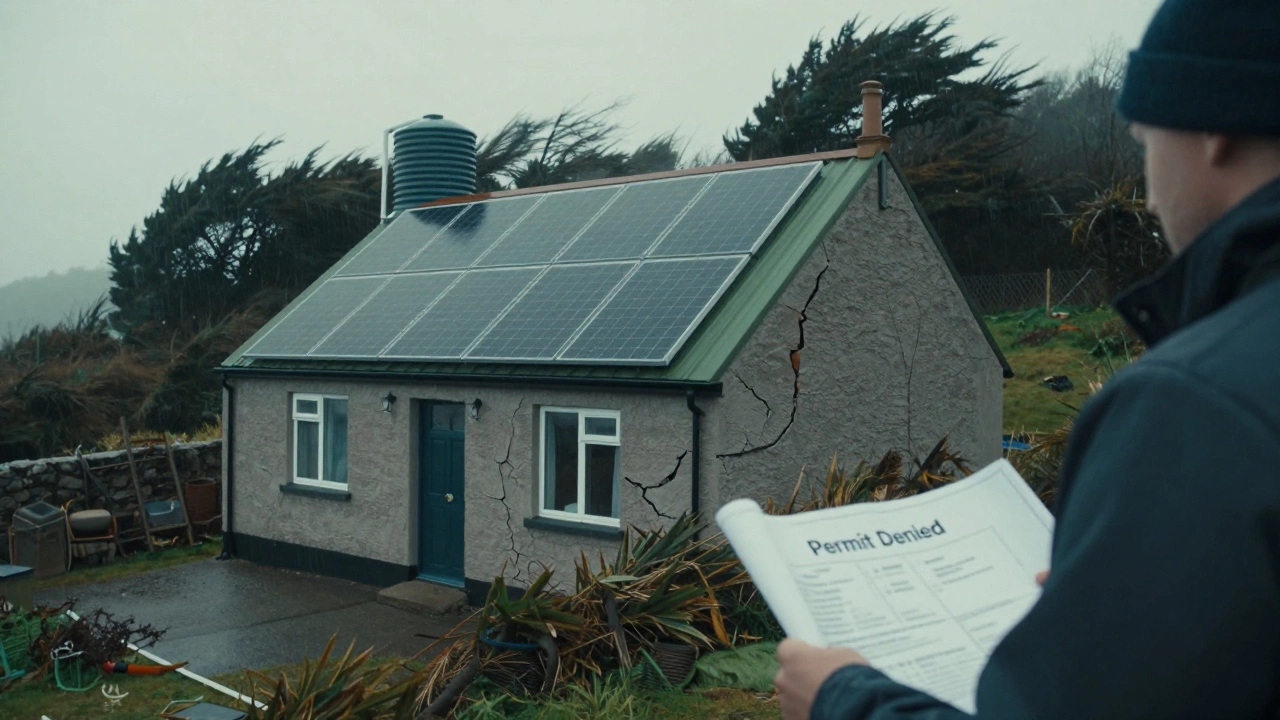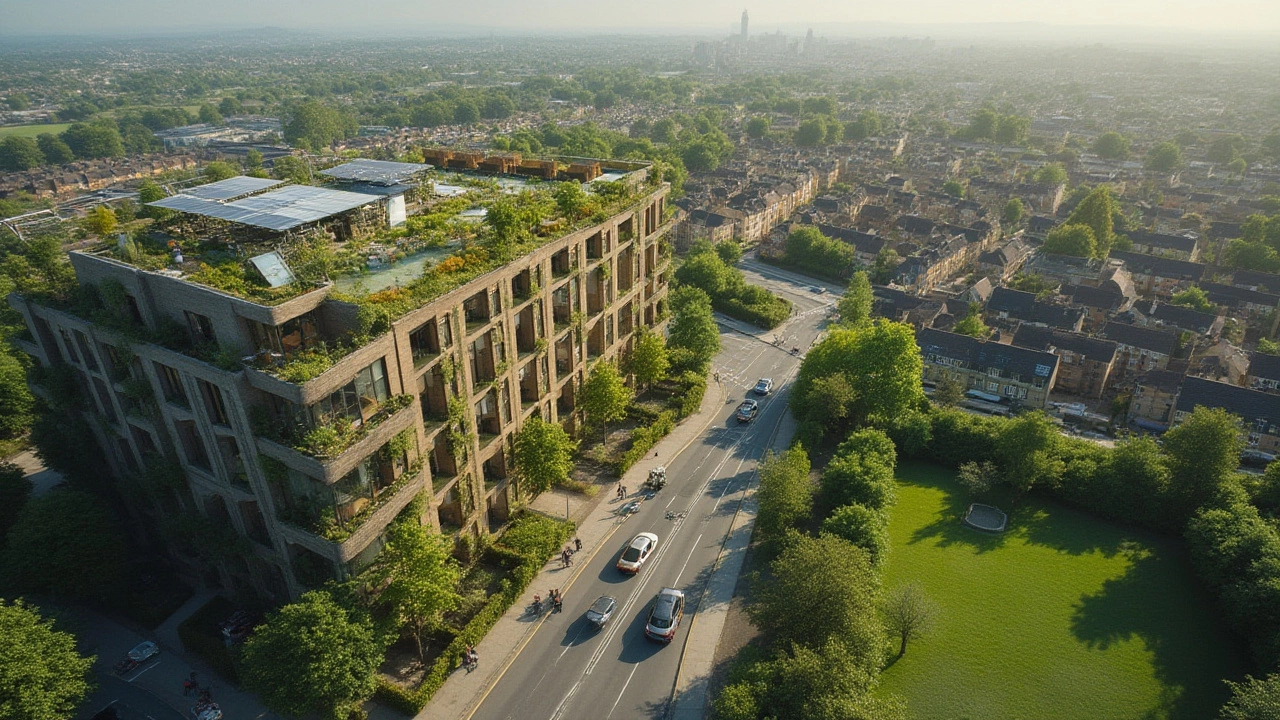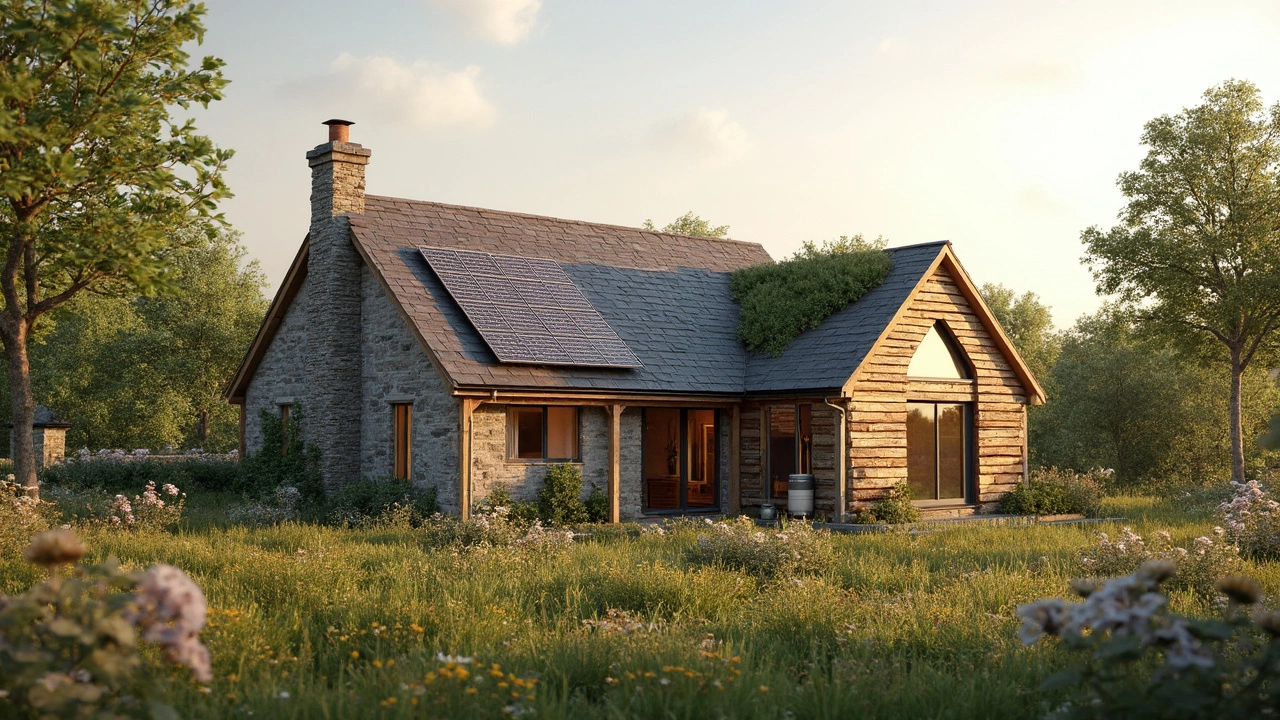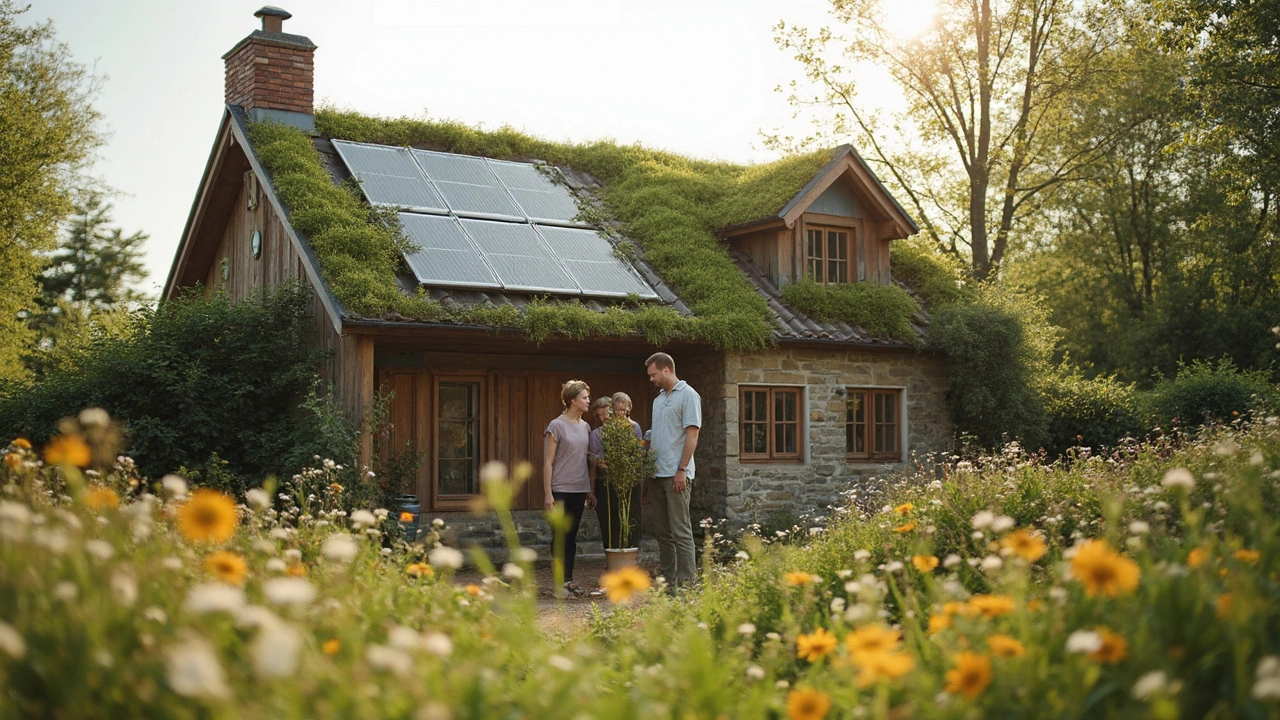Energy Efficiency Made Simple for Your Next Getaway
Planning a weekend in a cosy cottage or a glamping tent? You can enjoy the comfort without blowing the energy bill. Below are easy habits and cheap upgrades that work in almost any UK stay, whether it’s a historic cottage, a tiny eco‑house or a luxury glamping pod.
Quick Wins Inside the Property
First thing you see when you walk in – the heating system. Turn the thermostat down a couple of degrees and wear a warm jumper. Modern boilers are far more efficient than the old cast‑iron ones you might find in historic homes, but they still waste heat if the radiators are covered. Keep curtains open during sunny mornings; the sun does free heating.
Lighting is another low‑cost fix. Replace any bulb that looks yellowish with a LED. LEDs use about 80% less power and last ten times longer. If the accommodation has dimmer switches, use them – they lower electricity draw without losing brightness.
When you’re out exploring, turn off appliances you don’t need. Many glamping sites provide portable heaters or electric kettles; switch them off when you’re not using them. Even a small habit like unplugging chargers can cut a few watts that add up over a week‑long stay.
Smart Upgrades for Hosts and Savvy Guests
Hosts looking to market their property as ‘green’ can invest in a few key upgrades. Insulated loft spaces, double‑glazed windows and draft‑proof door seals keep warm air inside and cold air out, reducing the load on heating systems. For glamping tents, choose models with reflective lining – they bounce daylight back into the interior, meaning you need less artificial light.
Solar-powered lights are a perfect fit for remote campsites. A small solar panel on the roof can charge LED strip lights for pathways, eliminating the need for wired electricity altogether. If the budget allows, a heat‑pump water heater can replace electric kettles and provide hot water at a fraction of the energy cost.
From a guest perspective, you can still help without spending money. Bring a reusable water bottle, so you don’t rely on disposable plastic that often ends up in landfill. Pack a compact, insulated blanket – it keeps you warm without cranking up the heating.
Finally, think about water. Shorter showers mean less hot water demand, which translates to lower energy use. Many eco‑lodges have low‑flow shower heads; if you’re staying in a cottage, ask the host if a water‑saving shower head is available.
By following these tips, you’ll enjoy a comfortable stay while keeping the carbon footprint low. Small actions add up, whether you’re the property owner or the guest. And the best part? Cutting energy use usually means lower costs, so you get more value from your holiday. Ready to make your next UK retreat greener? Start with one habit today and watch the savings grow.



